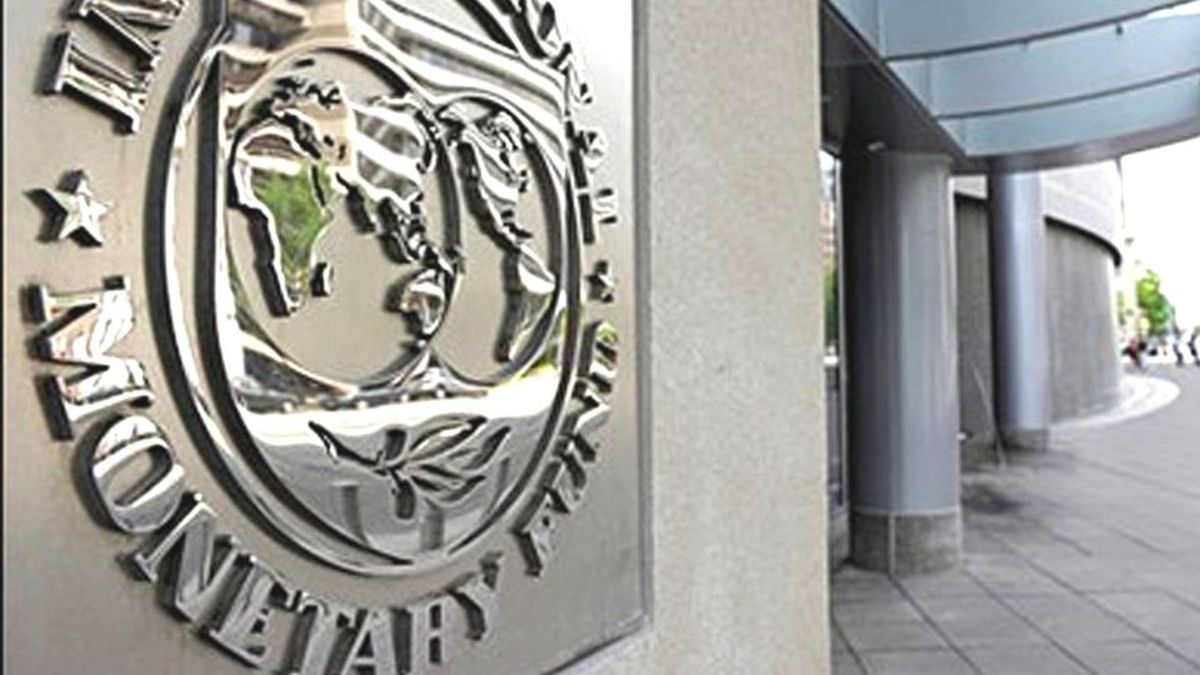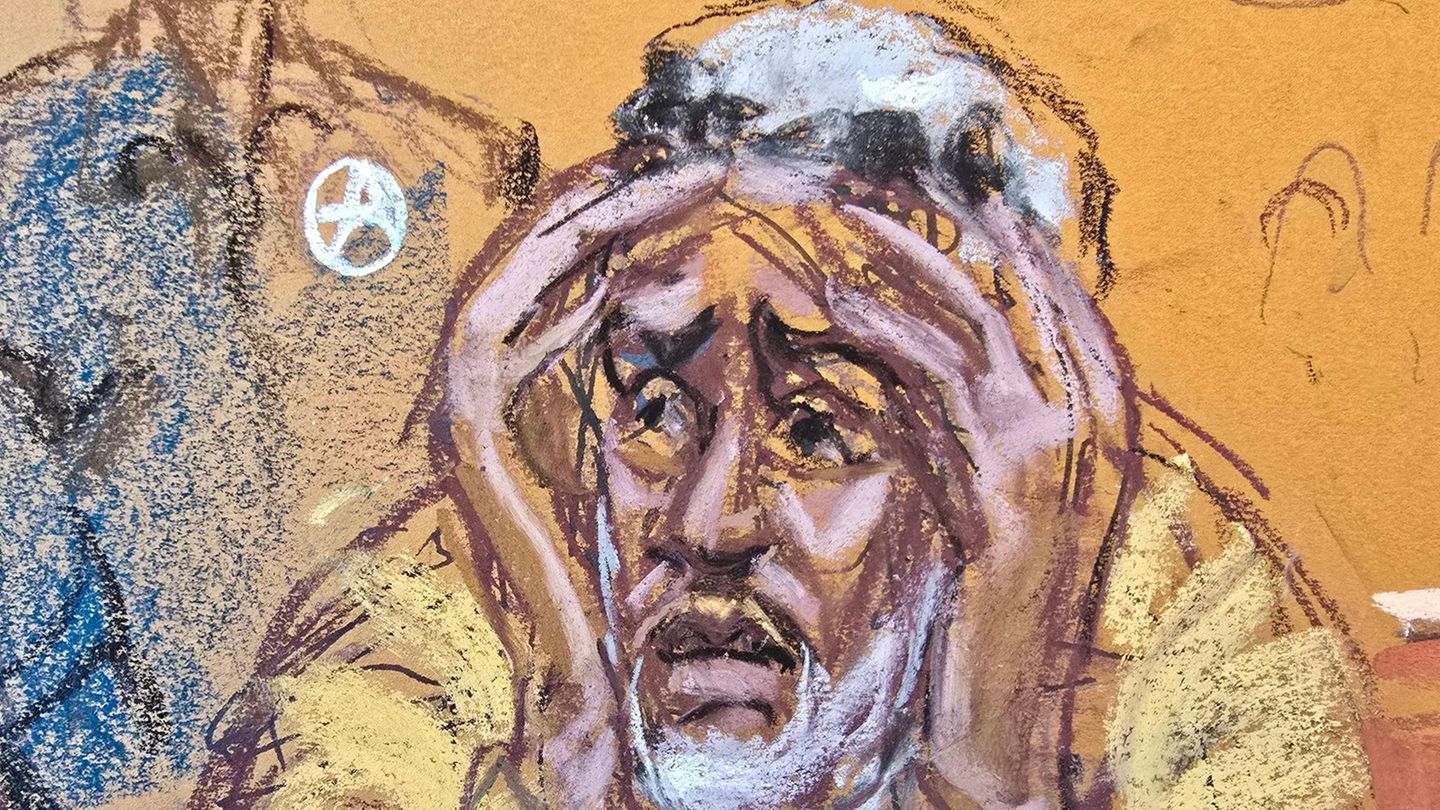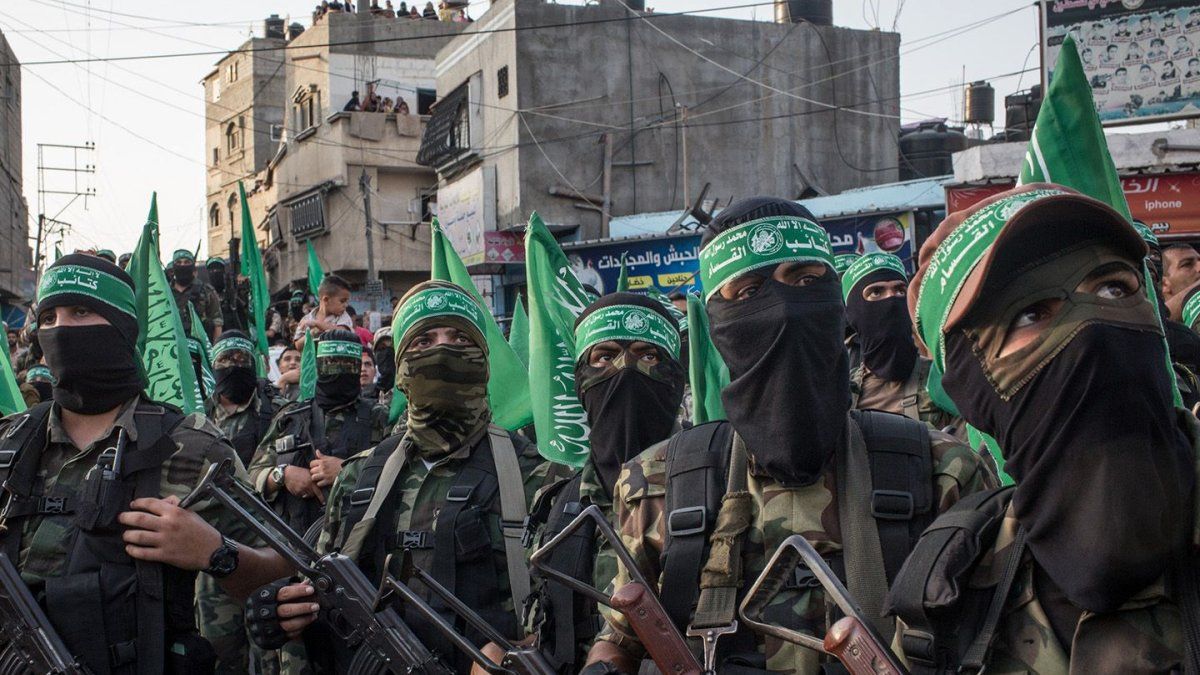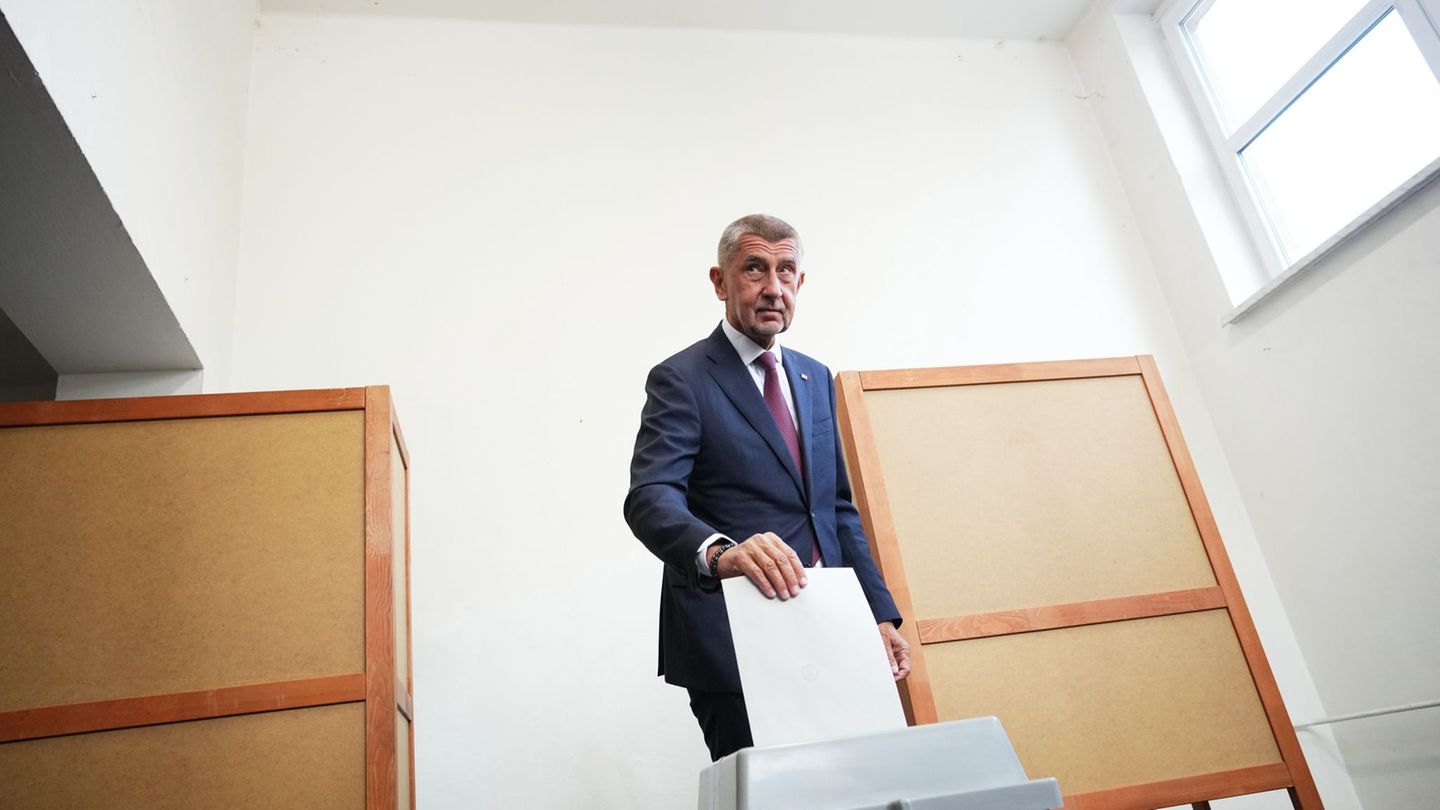The problem is that A decision is expected from the European Council, where in hours the situation of Russia as a member of that bloc would be discussed, where if the request of the rest of the members about its suspension advances; Immediately, the IMF and the World Bank will be asked to momentarily leave the chair of the country ruled by Vladimir Putin unoccupied.. Kristalina Georgieva and the rest of the leadership of the Fund are awaiting this decision to find out if the operation of the board will continue with or without Russia, to finalize the corresponding invitations. And even today, Russia is not suspended and could intervene when dealing with the Argentine case. However, it is ruled out that the European Council will advance with more sanctions against that country, and the impossibility of intervening in the Creole Extended Facilities. Russia would only be left out of the sanction in the event of an agreement to end the war in Ukraine, something that for now seems unlikely.
However, it should not be a problem for Argentina. You already know in Buenos Aires that in reality the deadline to resolve the payment of the 22nd is March 27th, with which the deadlines extend almost another week. But already, as they assure within the government of Alberto Fernández, once the Extended Facilities are approved today in the Senate and signed tomorrow by the head of state, all the responsibility will fall on the board and the political times of the organization’s headquarters in Washington. .
Upon approval, there should be no problem. Not on the Argentine side, but because the Fund’s board of directors will give the green light to what was negotiated by the team made up of the managing director for the Western Hemisphere Illan Goldfajn, his number two Julie Kozac and the person in charge of the Argentine case Luis Cubeddu. At the request of the deputy managing director of the IMF Gita Gopinath, the board should confirm what was negotiated with Argentina by the technical staff, and consider the agreement reached with the country already started in March. This does not mean that there will not be harsh and direct criticism from several of the members of the board, who, it is ruled out, will be very severe in their judgment of the way in which the local political class has managed the Argentine economy for decades. If the suspension of Russia materializes, the country will lose a weighty public defender in that directory.
The Fund’s board decided not to meet yet so far in March, awaiting an official decision from the central countries on how the world credit organizations will work with Russia.
Argentina had guaranteed the positive vote of Russia and China in February, after the tour that Alberto Fernández had arranged for both countries. There was even some satisfaction, since it was expected that by the time the local case was finally dealt with (to approve or reject the Extended Facilities) there would be, from the two states visited by the Argentine president, an open defense towards Argentina and a strong and direct criticism against the normal functioning of the organism. This despite the recognition that between Russia and China they hold only 6.4% of the total votes on the board, divided into 3.7% China and 2.7% Russia.
The joint specific weight is symbolic and is not enough to approve any agreement, but it was considered until before the invasion of Ukraine that it could be trusted at the time of the treatment of the Argentine case that there were Russian (and Chinese) defenses to the critical Argentine position . This would have served symbolically to counteract the sure attacks against the country and the handling of its economy that Japan, the Netherlands and other states that are traditionally angry at the lack of neatness and predictability of national public accounts were preparing. This support is now in crisis, given that it is not known what kind of decision the IMF itself will make with Russia and its participation in the organization’s board, in the event that international sanctions against Putin become generalized and eventually reach his participation as a protagonist. in international financial organizations.
The possible absence of Russia in the final vote does not really change Argentina’s chances of success on the Fund’s board. According to official calculations, the country would be guaranteed a global support of 70% in the directory. That level is reached with Germany, France, Spain and other European countries that would vote in favor, also adding other key states that, it is ruled out, would also endorse Argentina. This group included Russia and China, adding the Arab countries (especially those of the Persian Gulf, with a strong presence on the IMF board), as well as, logically, all of Latin America and Africa.
It is also hoped that more consensus would be achieved with key countries such as Canada and the rest of the European Union, with which the percentage would rise to about 75%. Thus, it would be necessary to obtain only 10% more for the essential level so that a proposal that transgresses what the IMF statutes mandate and dictate can be approved. Only with a minimum of 85% of the guarantees could the Fund’s line technicians be authorized to apply a payment plan for the country outside of the only mechanisms authorized by the organization’s charter: standby and Extended Facilities , both in all possible variables. Since what the country is proposing is an alteration of the norms, only a vote of more than 85% could endorse the request.
Source: Ambito
David William is a talented author who has made a name for himself in the world of writing. He is a professional author who writes on a wide range of topics, from general interest to opinion news. David is currently working as a writer at 24 hours worlds where he brings his unique perspective and in-depth research to his articles, making them both informative and engaging.




